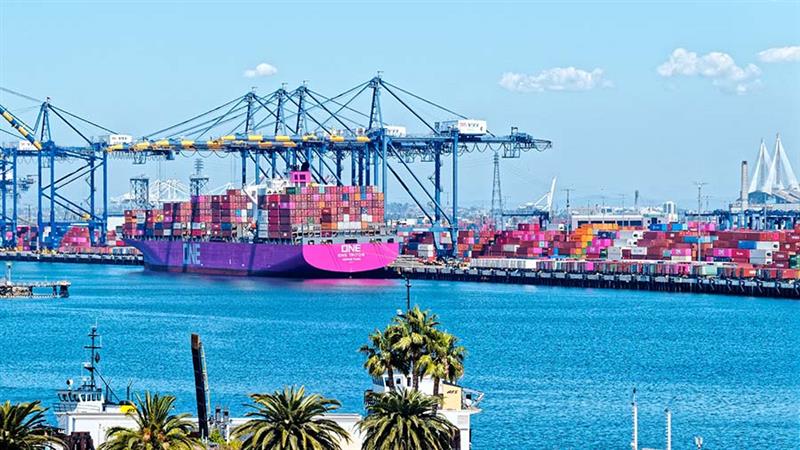CEPA VI Continues Economic Liberalization between Hong Kong and the Mainland
By Joyce Roque
HONG KONG, May 20 – Officials from the Chinese mainland and Hong Kong signed the latest supplement to the Closer Economic Partnership Arrangement (CEPA) last May 9 to further ease economic activities between the two.
The agreement is set to take effect on October 1, 2009. CEPA VI’s measures aims to improve the competitiveness of Hong Kong companies in the mainland despite the challenges posed by the ongoing economic crisis.
CEPA was first signed in 2003 and has gone through revisions through the years. At its core it serves the purpose of giving Hong Kong businesses easier access to the huge mainland market while conversely allowing mainland companies to make use of Hong Kong’s global connections and advanced financial markets.
Hong Kong’s mature and open financial market enjoys the advantage of being integrated into the world economy thus mainland companies wanting to list internationally and get funding from international sources will find Hong Kong to be the best starting point.
The same is also true for foreign companies wanting to enter China. They can do so by using Hong Kong as a base then fully taking advantage of the benefits offered to Hong Kong-based companies by CEPA to expand operations to the mainland market.
Products coming from Hong Kong and imported into the mainland are given tariff free treatment and Hong Kong services providers are qualified for preferential treatment when entering the mainland market.
The rules are strict and a Hong Kong company wanting to import or export to the mainland must have a certificate complying to origin rules that proves the goods originated from the territory e.g. fish fry born and bred in Hong Kong. Only goods coming out of the territory will be given free tariff. The CEPA rules covers more than 1,500 related products.
As for trade in terms of services, CEPA considers people and companies deemed as juridical persons and natural persons of Hong Kong as qualified service suppliers. A natural person meaning a Hong Kong permanent resident, while a juridical person meaning a legal entity that has been doing business in Hong Kong for about three to five years.
Under the Supplement V of CEPA, qualified Hong Kong service suppliers are given preferential treatment when setting-up businesses in the mainland. As is the case for Guangdong, Beijing and Shanghai, where the local governments have placed trade and investment facilitative measures catered specifically for Hong Kong investors under CEPA. These include CEPA inquiry points, one-stop service options, websites and CEPA green channel to name a few.
CEPA also allows that professional qualifications in the industries of construction, securities and futures, insurance, accounting, patents and engineering be recognized in both Hong Kong and the mainland.
As for investment, the CEPA improves cooperation between Hong Kong and mainland for issues concerning liberalization of trade and investment. This calls for transparency and further streamlining of business processes like customs checks, quarantine, branding, electronic goods to name a few.
The newest supplement to CEPA is the sixth one to date. With it comes, 29 liberalization measures that expands to 20 service sectors, including research and development and rail transport. In total, the service sectors now covered by CEPA numbers to 42.
The highlights of CEPA VI touches on the mainland’s burgeoning tourism industry and improving relationship with Taiwan with mainland travel agents now allowed to manage tour groups to Taiwan with the option of entering Hong Kong as a transit and destination area.
Other highlights include allowing Hong Kong banks in Guangdong Province to expand to cross-location sub-branches within the province without the need of first establishing branches in those places. This will expedite expansion along with improving the quality of banking services. Due to their proximity, it is no surprise that CEPA measures tend to address business issues between Guangdong Province and Hong Kong.
CEPA VI further lists liberalization measures affecting securities, audio-visual (related to the film industry), telecommunications, legal, convention and exhibition services, transportation, printing and publishing. It also specifies Hong Kong access to liberalization measures agreed upon under the China-Pakistan Free Trade Agreement.
A detailed copy of the coverage of CEPA VI can be downloaded from here.
- Previous Article Sarbanes-Oxley and U.S. Businesses in China
- Next Article MGM Mirage’s Macau Venture Criticized by U.S. Agency




























